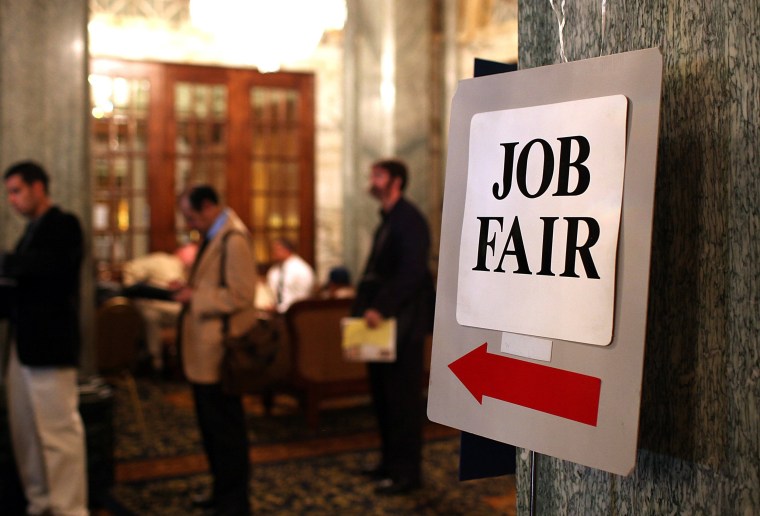It's easy to forget that in 2016, Donald Trump fooled people into thinking he supported an increase to the federal minimum wage. In one Fox News interview in July 2016, the then-candidate declared, "I'm the one Republican that said in some cases we have to go more than minimum wage." Pressed for specific number, Trump replied, "I would say $10," up from the current $7.25.
But the rhetoric always came with fine print: Trump wanted to be seen as taking the popular position, but he also made clear that he expected states to do the work, leaving the federal minimum wage alone.
As president, Trump's continued to play little games along these lines. In fact, on July 1, during a Fox Business Network interview, the president said, "I'm going to have a statement on minimum wage. I feel differently than lot of people on minimum wage, some people in my own party. But I will have a statement over the next two weeks on minimum wage."
Naturally, the two-week deadline was ignored, but the phrasing was clearly intended to leave voters with the impression that he and his "own party" saw the issue differently.
Last night, the incumbent abandoned the pretense and voiced his opposition to an increase:
"How are you helping your small businesses when you're forcing wages? What's going to happen and what's been proven to happen is when you do that, these small businesses fire many of their employees."
The evidence suggests otherwise. The New York Times reported overnight, "Economic research has not 'proven' that when governments raise minimum wages, small businesses lay off workers. Many recent studies have suggested the opposite: that some state-level increases in the minimum wage have had no negative effect on hiring."
And while these details are obviously important, note the political trajectory: Trump went from expressing vague support for an increase to falsely arguing that an increase would hurt businesses and force layoffs.
The result is a president who's (a) wrong on the facts; (b) contradicting his own stated position; and (c) on the opposite side of the American mainstream, which heavily supports an increase.
A few weeks ago, a Washington Post analysis marveled at Trump's willingness to "double-down on his least popular" positions. Evidently, we can add the minimum wage to the list.
Update: It looks like "wages" was heavily googled during last night's debate. Given how popular a minimum-wage increase is, this probably isn't what Republicans were hoping for.

